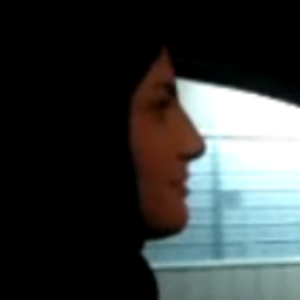There is no law against women driving in Saudi Arabia. That doesn’t keep women who drive from being arrested, though, as the case of Manal Al-Sharif proves. Instead of laws, the kingdom’s women are forbidden from driving due to fatwas, or religious opinions, rendered by ultra-conservative clerics of the influential Wahhabi sect.

Today, those fatwas were challenged by women across Saudi Arabia in a campaign called Women2Drive; challenged and, thanks to social media, witnessed in real time.
In addition to a coordinating Facebook page, the day of protest driven by the kingdom’s women, and many of their husbands and fathers, has a Twitter hashtag, #women2drive, both de rigeur these days for any protest in the Middle East.
Orders were given to Saudi police, including presumably the religious police, not to bother women who drove today, possibly because of the global attention on the day, which is the start of the campaign. Perhaps the hope is that women will not continue to drive, as is the hope of the campaigners, but limit their protest to this one day. There may also be a misapprehension that the attention is due solely to press coverage. Given the widespread presence of “women2drive” on the Web, that may prove a miscalculation. If anyone is arrested, it will surely make it onto Twitter and if it makes it onto Twitter, it will probably make it to the more established media outlets.
Manal Al-Sharif, whose arrest after posting a video of herself driving on YouTube lent fire to this movement, was not part of the protest today. She was allowed out of prison only after she signed an agreement not to take part and with the understanding that she could be hauled back to jail at any moment.
Saudi Arabia has not seen large-scale, Arab Spring-inspired protests. In fact, the kingdom sent its own soldiers into Bahrain to help violently put down that country’s protests, which damped them down but did not destroy them. This movement, however, has to be seen as an effect of the same forces and hopes that powered the uprisings across North Africa and the Middle East.

















